
IMPROVING OUTCOMES
42% Reduction in Readmission Rate in Medical Patients
IMPROVING OUTCOMES
$3 Million Annual Savings with Earlier Palliative Care Intervention
IMPROVING OUTCOMES
Reduced no-show rate from 37% to 16% amongst high-risk patients living with HIV.
The mission of the Institute for Healthcare Quality, Safety & Efficiency is to transform through discovery, improvement, and spread, the people and processes that serve our patients.
Transformation, Not Just Education
At IHQSE our overarching goal is to fundamentally improve the care provided to patients by developing people, improving care processes and building higher-achieving organizations.
In other words, our goal is to transform:
to transform
INDIVIDUALS
We develop the capacity of frontline clinicians to drive change.
to transform
PROCESSES
We drive improvements in clinical care processes, leading to better outcomes.
to transform
ORGANIZATIONS
We help build higher-performing systems through sustained changes.
Results that Matter
Our formula for transformation combines expert training, intensive, tailored coaching, a deep catalog of successful projects to tap into, and a relentless drive for outcomes.

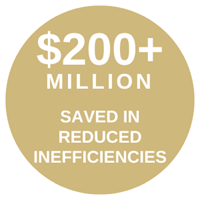
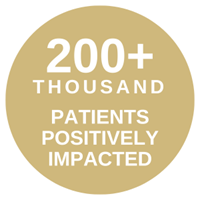
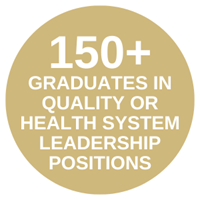
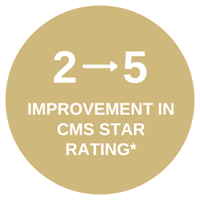
*IHQSE supported improvement at the University of Colorado Hospital
IHQSE Newsroom
For over a decade, our dedicated faculty have built an integrated set of programs aimed at developing programmatic leaders in quality, creating high-quality, safe and efficient clinical care processes and, ultimately, driving profound organization-level improvements. Here are just a few of our recent successes.
For more, please see our newsroom.

This Point-Counterpoint debate article explores whether secure messaging improves or hinders inpatient communication. Dr. Michelle Knees (IHQSE faculty) and co-authors examine the evidence behind this increasingly common communication tool. The "Point" argues that secure messaging supports collaboration and efficiency, while the "Counterpoint" raises concerns about cognitive load, interruptions, and patient safety. A shared rebuttal underscores the need for thoughtful implementation and institutional guidance. This balanced discussion reflects the evolving communication landscape in hospital medicine and highlights the need for evidence-based best practices.
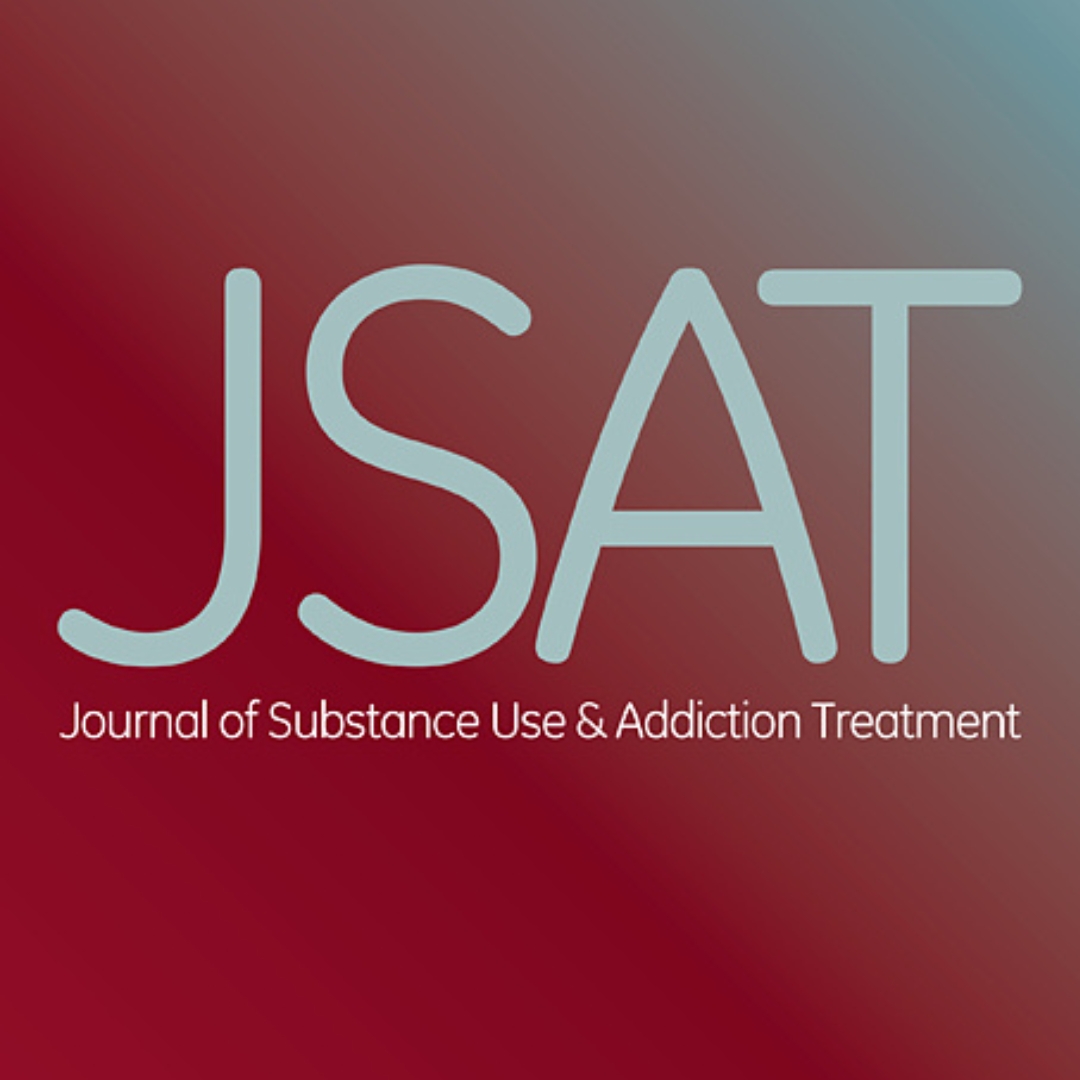
Clinical Decision Support and Opioid Use Disorder Treatment
May 1, 2025To address rising opioid overdose rates, the study team developed and implemented an interruptive, electronic health record (EHR)-integrated clinical decision support (CDS) to increase buprenorphine treatment for opioid use disorder (OUD) in the emergency department. The CDS uses real-time EHR data to identify at-risk patients and guide clinicians through OUD evidence-based care pathways. This strategy significantly improved OUD treatment metrics and demonstrated high rates of adoption by providers. By balancing automation with clinician-driven decision-making, this approach offers a scalable, generalizable solution to address barriers in emergency department-initiated OUD care and supports a growing body of evidence for CDS as an effective implementation tool in high-acuity settings.

Closing the Gap on Diagnostic Disparities
Apr 23, 2024An estimated 800,000 patients each year experience serious harm because of a delayed, missed or incorrect diagnosis, many of which disproportionately affect patients of marginalized populations. IHQSE Faculty Dr. Katie Raffel, along with fellow diagnostic error experts, penned a perspective piece in the Journal of Hospital Medicine aimed creating a framework for understanding and evaluating inequity within hospital-based diagnosis and describing key strategies for beginning the work to achieve equity within diagnosis.

Disagree to Agree
Nov 11, 2024IHQSE faculty member, Dr. Katie Raffel, along with colleague Dr. Josué Zapata, published a Leadership and Professional Development piece in Journal of Hospital Medicine, "Strategies to disagree productively: Persuasive DISNT". As providers, we often have experiences and insights that can improve how decisions are made within healthcare organizations. In expressing these perspectives, we may need to disagree. However, dissent is not always well-received. They discuss the need to: Determine value, Illustrate commitment, Show logic, Negotiate partnerships and Transform success into future impact in order to have the most success in disagreeing.